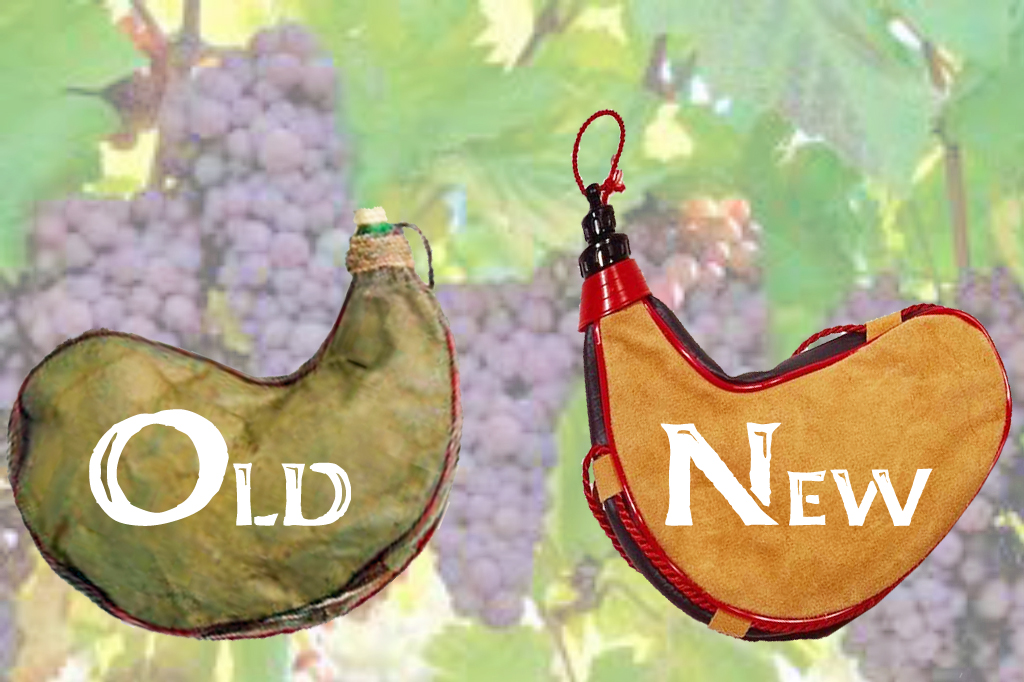I apologize if I misunderstood, but I still think you're misunderstanding me. I'm not talking about the Old Covenant vs. the New Covenant, but about different interpretations of the same covenant. Let me try to explain with an example. The law forbids working on the Sabbath. Back in Old Testament times, just as it is today, people wanted someone else to do their thinking for them, so they asked their rabbis "what's work?", and the Pharisees came up with 39 classes of activities that they considered to be work. Among them were harvesting, threshing and winnowing. But that still left too much thinking up to the people themselves, so they asked for a definition of those things. The Pharisees came up with the definition that doing any of those things to 3 or more grains (or grapes, figs, etc.) counted as the applicable activity and was therefore work. One day, Jesus and his disciples were going through a wheat field and picking grains, rubbing them in their hands to separate the grain from the chafe and blowing the chafe away. The Pharisees saw this and, since they were doing it to more than 3 grains, they considered it work and criticized them for it. Jesus told them that their interpretation conflicted with the purpose of the law and showed them the correct understanding of the law.
If Jesus had chosen Pharisees who had already learned these interpretations, he would have had to get them to "unlearn" them first, before he could teach them the correct interpretations. It was much easier to pick disciples that had no education in the law, so he could work with "blank parchments" and they would accept the correct interpretation from the beginning. He was showing the correct interpretation, not doing away with "the old" to make way for "the new".
The TOG










 You're a nut.
You're a nut.